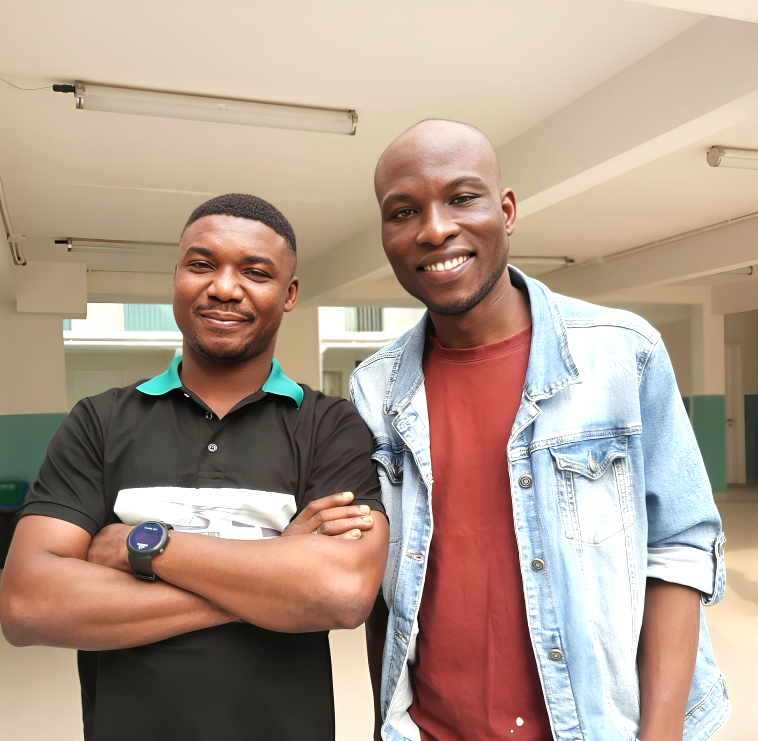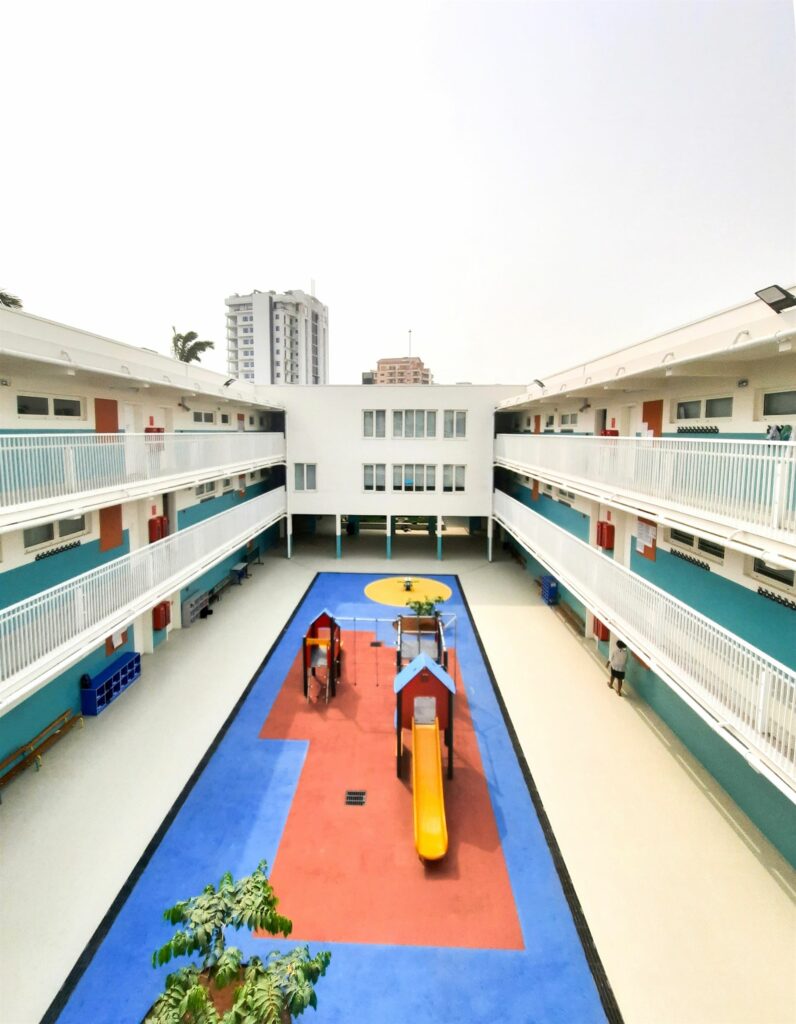
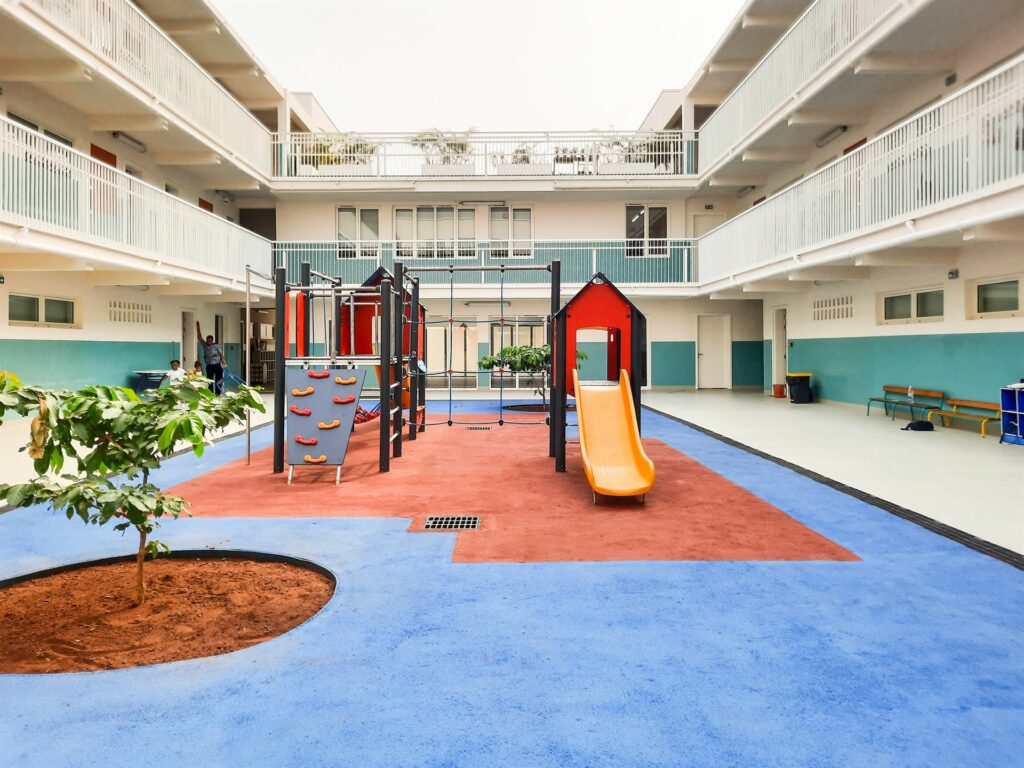
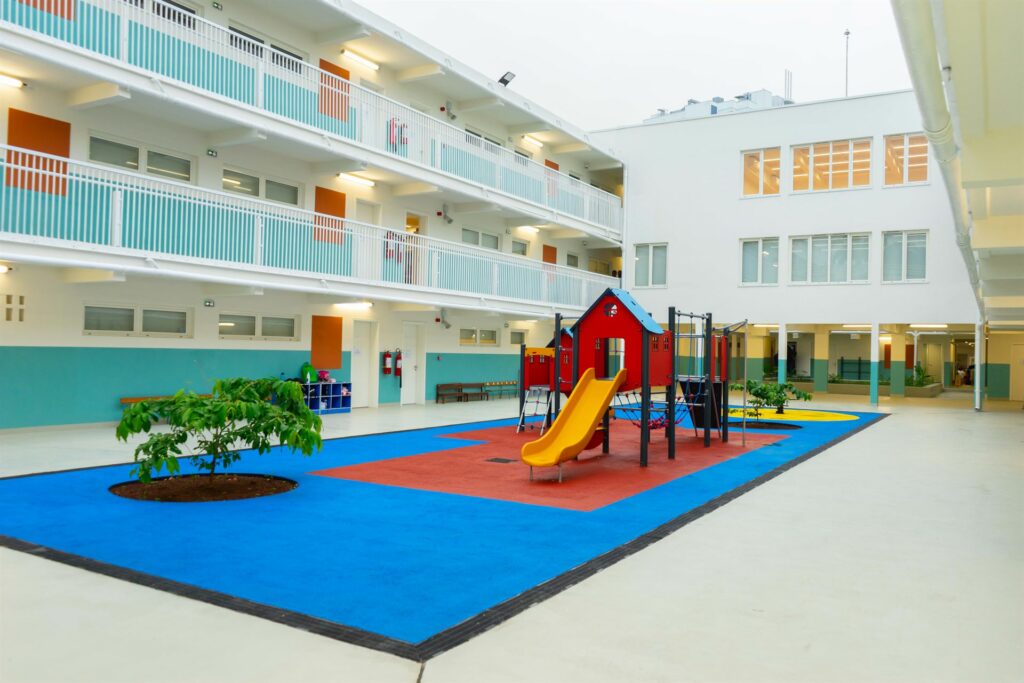
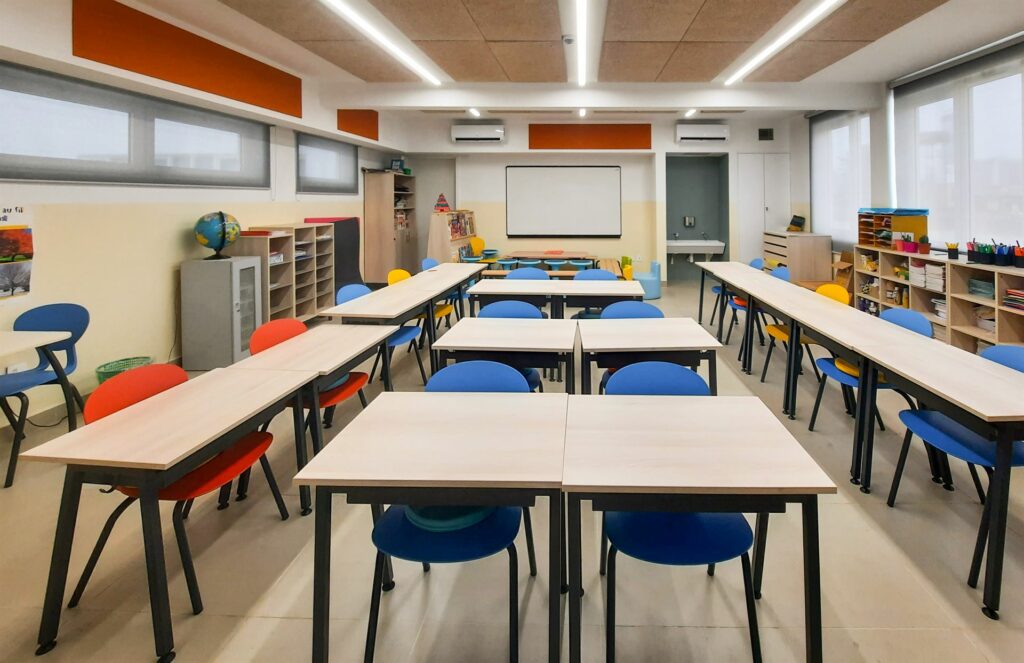
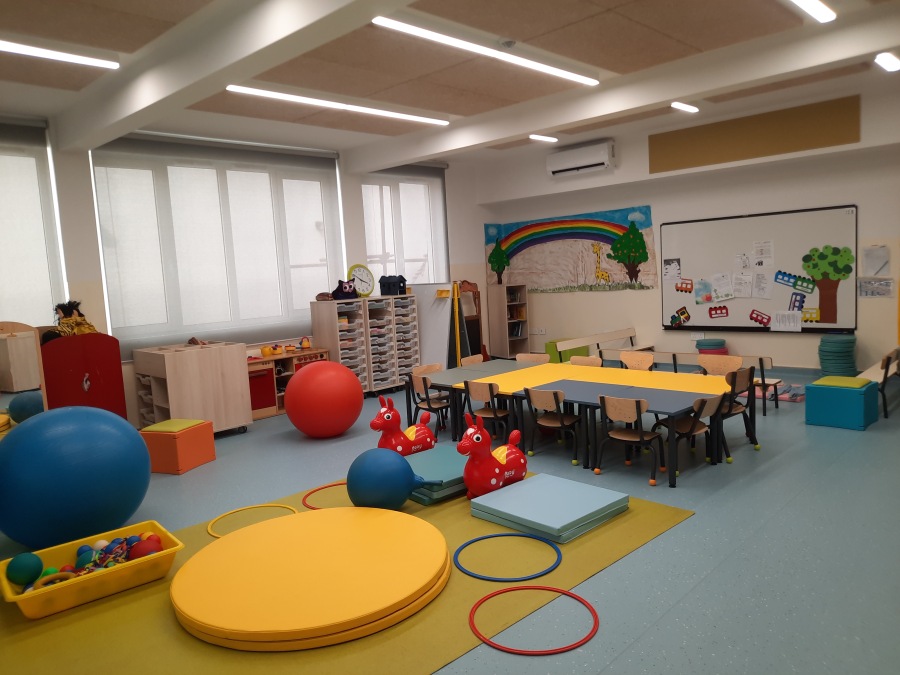
As an elementary school approved by the French Ministry of Education, the French School of Lagos provides an education in accordance with the principles, programs and pedagogical organization of the French educational system.
The programs of the French Ministry of Education ensure the acquisition of fundamental knowledge and skills, in accordance with the objectives of the Common Base of Knowledge. The latter is based on five areas :
Simple and readable, the Common Base programs promote the success of all students and the continuous improvement of the quality of teaching. The compliance of the school’s curriculum is regularly checked by the AEFE’s National Education Inspector, in residence in Lomé.
In France and in all AEFE network schools, the teaching programs are divided by cycle.
The nursery school, a French specificity, welcomes and adapts to young children. It is a school where children will
It engages each child to have confidence in his or her own power to act and think, in his or her ability to learn and succeed.
Expert teachers master learning modalities: learning by playing, thinking, solving problems, practicing, remembering and memorizing.
The curriculum is organized into five learning areas:
The cycle of fundamental learning, CP, CE1, CE2
The teachings of the cycle of fundamental learning are the following:
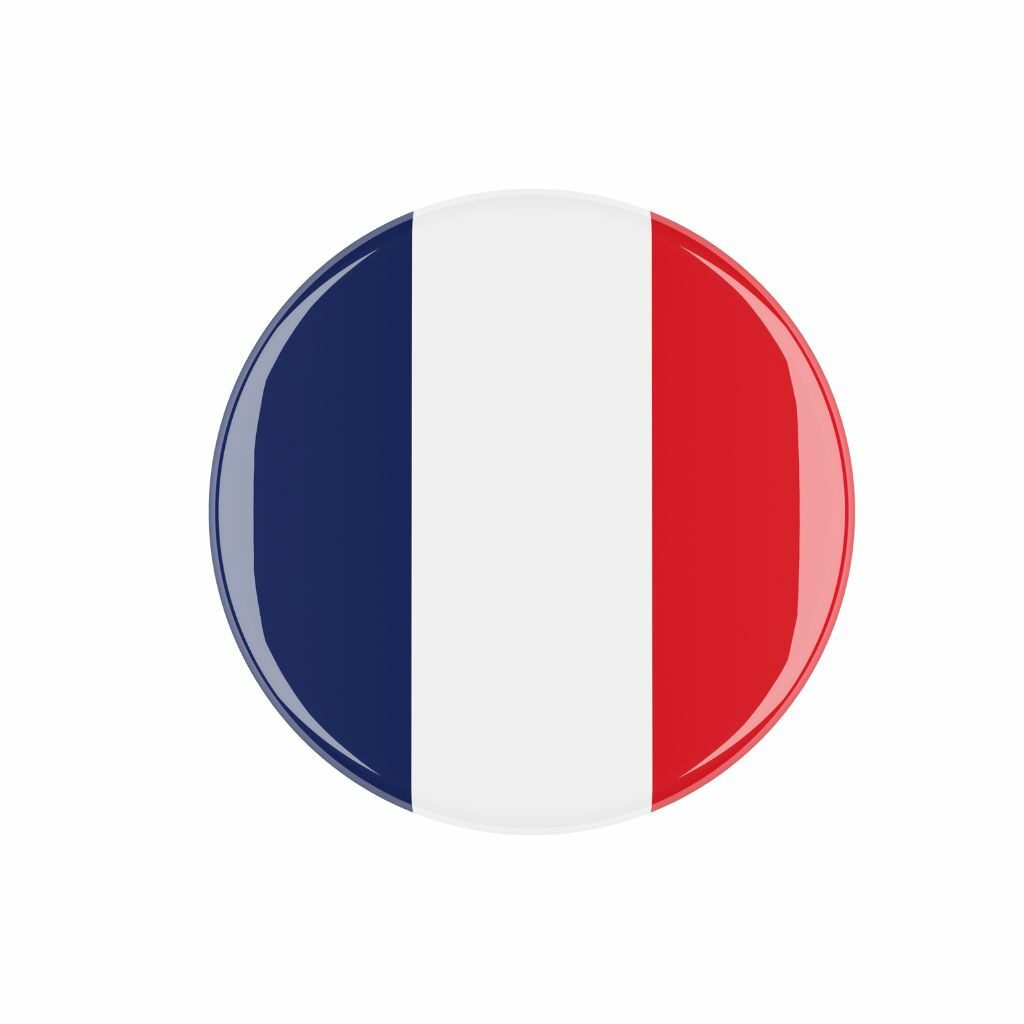
The priority of this cycle is the mastery of the French language. The learning of the French language is practiced in speaking, reading and writing. At the end of the three-year cycle, all students should have acquired solid basic reading and writing skills.
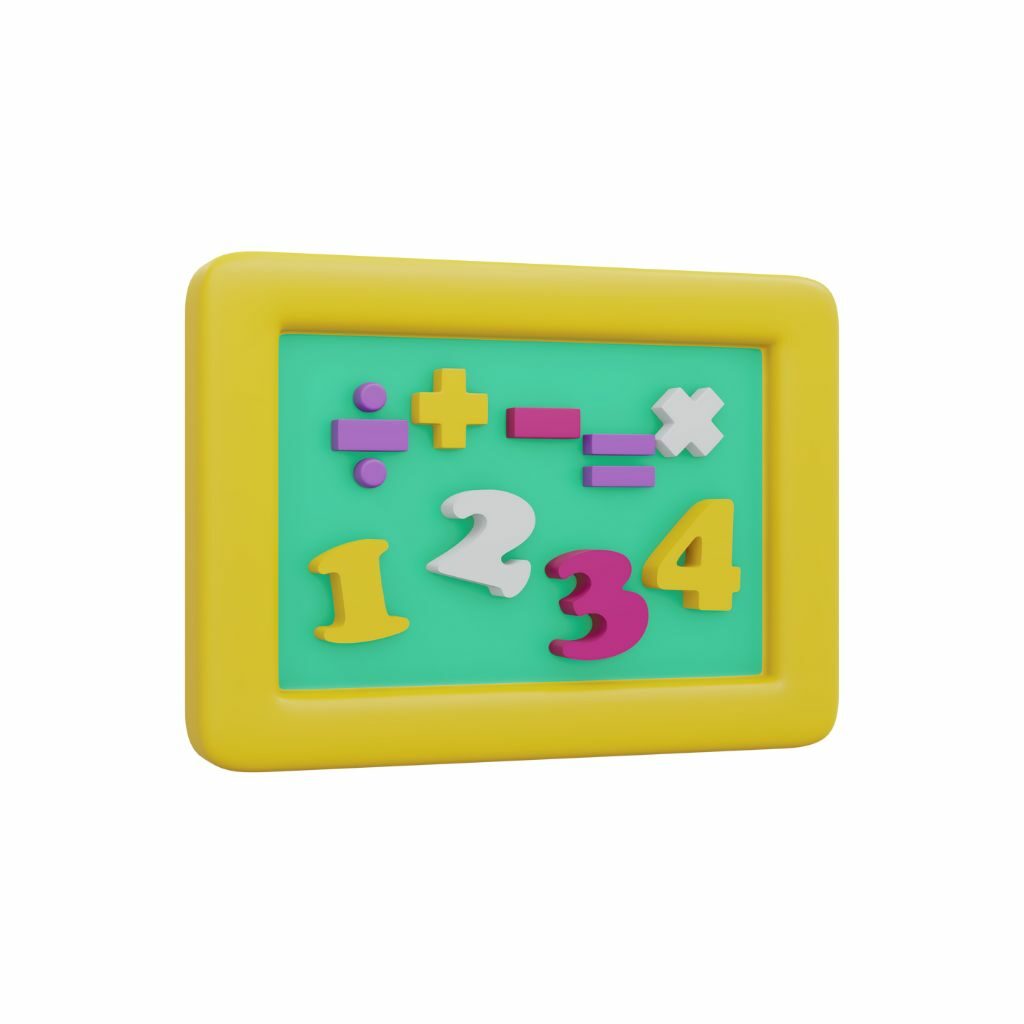
Problem solving is central to the students’ activities, developing their ability to research, reason and communicate. It will allow students to build and consolidate their knowledge and skills in the three areas of mathematics: numbers and calculations, magnitudes and measurements, and geometry.

The general objectives of this area are to enable students to build the knowledge necessary to describe and understand the world around them and to develop their ability to reason, and to contribute to their training as citizens. The learning, taken up and deepened during the successive cycles, will then continue throughout the schooling by calling upon more and more elaborate, abstract and complex ideas.
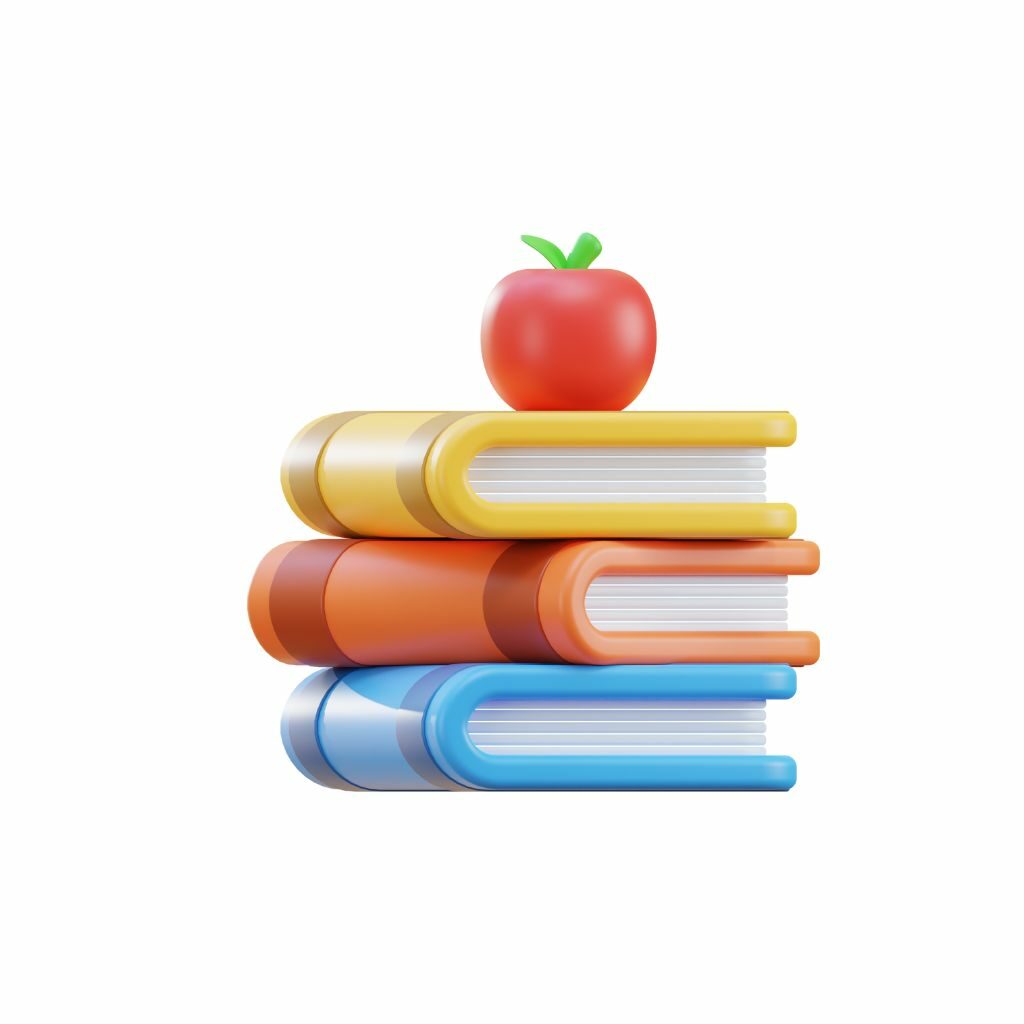
Moral and civic education focuses on the principles and values necessary for living together in a democratic society. It takes place within the secular framework of the Republic and the school.

Artistic sensitivity and expression are the means and the ends of artistic teaching. These two subjects are conducive to the interdisciplinary project approach, thus opening up to other artistic fields, such as architecture, cinema, dance, theater, etc.

Throughout the school years, the aim of Physical and Sports Education is to train a lucid, autonomous, physically and socially educated citizen, with a concern for living together. It leads children and adolescents to seek well-being and to care about their health. It ensures the inclusion in the classroom of students with special educational needs or disabilities. PE introduces the pleasure of sports.

In addition to the teaching of French, students continue to learn English, both written and spoken. Part of the curriculum in other subjects is also taught in English. For non-English speaking students, the benefit of learning a second language is obvious. For English-speaking children, continuing to study their native language allows them to better understand, through comparative observation, the mechanisms of the French language.
The consolidation cycle: CM1, CM2, 6ème
This cycle links the last two years of elementary school and the first year of junior high school, with the aim of reinforcing pedagogical continuity and coherence of learning in the service of the acquisition of the common base of knowledge, skills and culture.
to consolidate the fundamental learning that has been initiated in cycle 2 and that conditions subsequent learning
to allow for a better transition between elementary school and collège by ensuring continuity and progressiveness between the three years of the cycle.
The subjects taught are: French, English, mathematics, history, geography, science and technology, moral and civic education, artistic education, physical education and sports.
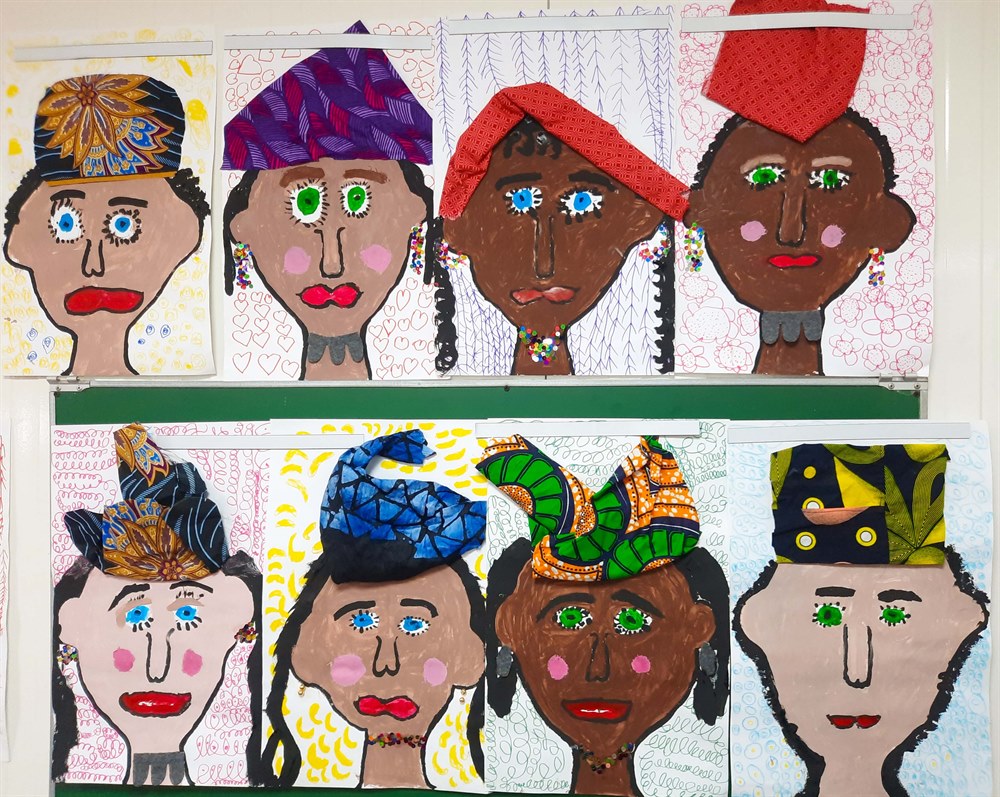
2022 school year: 85 children in 5 classes: 17 students per class on average
5 experienced teachers
8 Specialized Nursery School Assistants
12 classes: average of 2 to 4 students per class
12 experienced teachers
4 English teachers
1 FLE teacher
1 assistant
Children under three years of age have specific needs and learning styles. The adults in charge of their care are able to offer them the environment necessary for their proper development as well as conditions favorable to their first learning, particularly of the French language.


Lunch time in the canteen: 45 minutes for kindergarten students and 30 minutes for elementary students.
Every day, 10 activity leaders supervise and propose activities during lunch break.
At Louis Pasteur School, we are attentive to the biological rhythms of young children, because during early childhood, affects, attachment, and socialization are built, which are the foundations for the acquisition of fundamental social skills. By reinforcing the emotional dimension of relationships, kindergarten gives children the necessary confidence to approach the rest of their schooling with serenity.
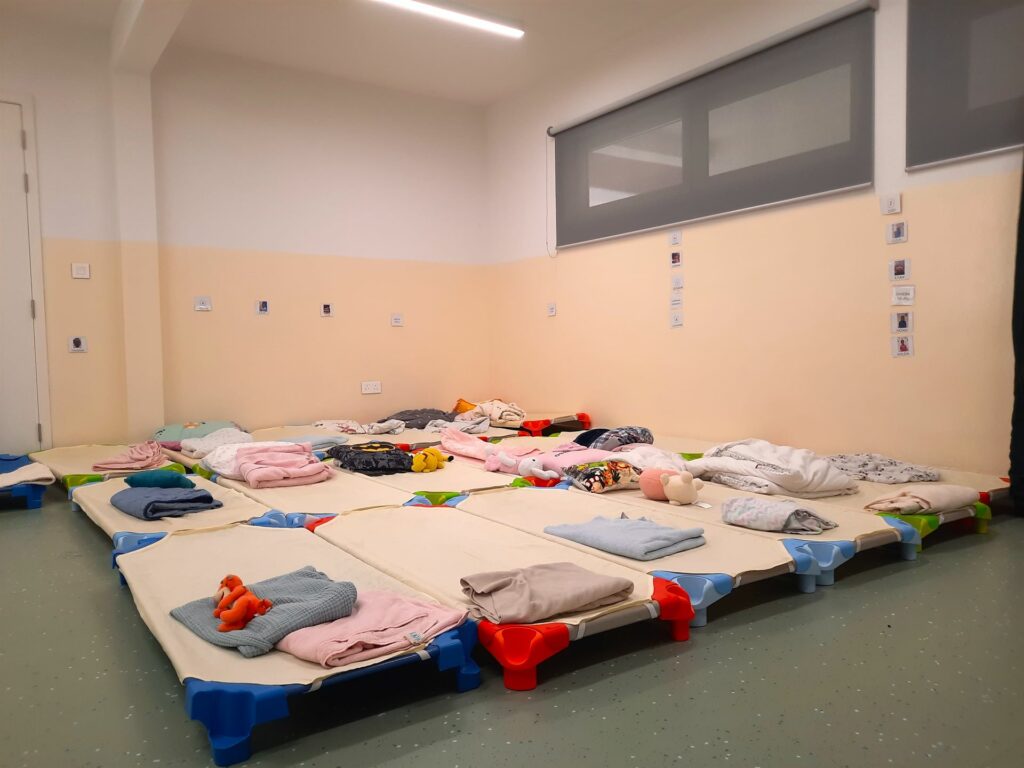
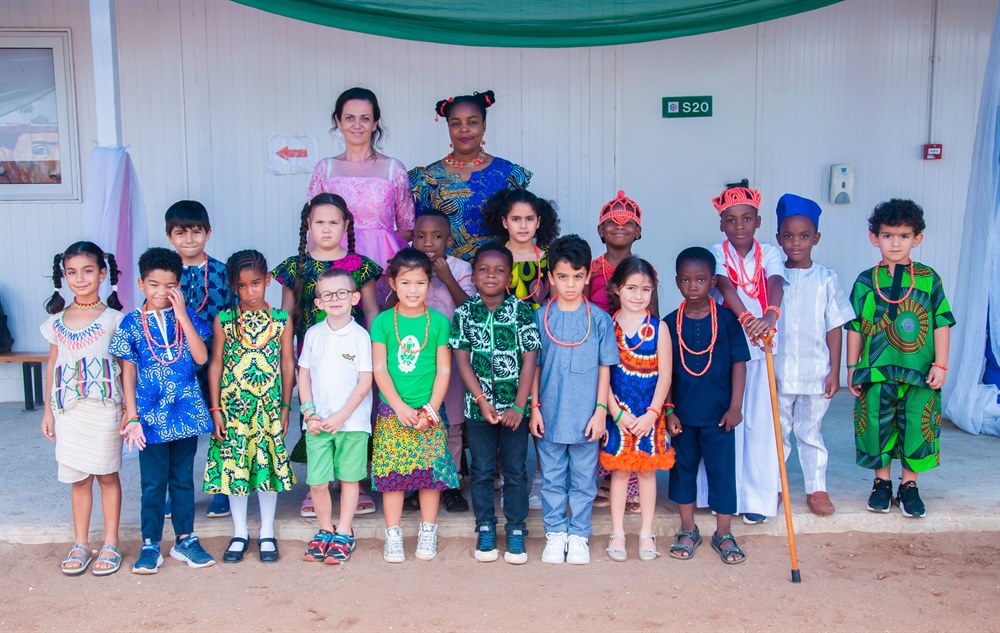
Education in the French language is not limited to the language of Molière, especially in the multicultural context in which the Ecole Française Louis Pasteur operates. As early as kindergarten, language learning is articulated around three axes
Beginning in the first grade, children receive 5 hours of English instruction:
Workshops to reinforce the practice of the English language for non-English speaking students 2 hours per week outside of school time:
Interview with the family, reception class for non-French speaking students, 2 hours per day with a FLE teacher, regular evaluation to ensure follow-up and accompany the child’s progress.
Two people in charge of the organization and supervision of the lunch break and extracurricular activities.
